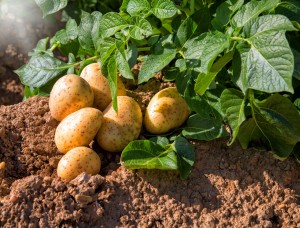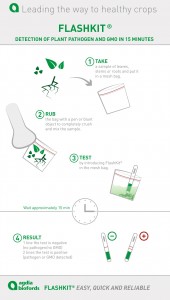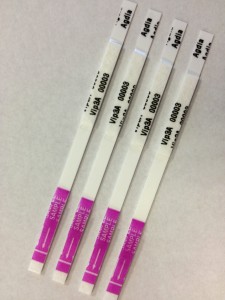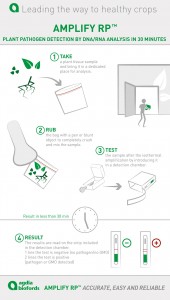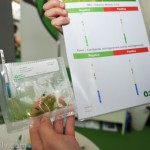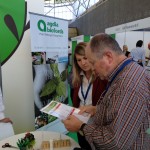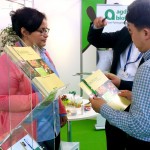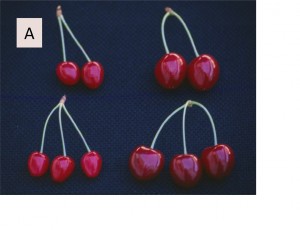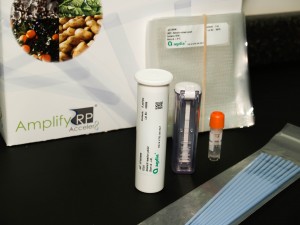Job Title: Account Manager Vegetable, Citrus, and Seed Health
Department/Group: Sales and Marketing
Location: Elkhart, Indiana, USA.
Travel Required: Yes
Position Type: Full-time
Job Description
Agdia, Inc is the leading developer and manufacturer of test kits for detection of plant pathogens and transgenic traits (GMO’s). Agdia products and services are used all over the world by an extensive range of clientele who are responsible for assessing crop quality. Agdia’s mission is to assist all facets of crop production grow high quality, healthy, and profitable crops through routine testing and management of plant disease and transgenic traits.
Job Purpose:
Agdia is seeking a motivated and results driven individual to strengthen and expand our market share in domestic and international vegetable, citrus, and seed health markets. Agdia serves more than 135 countries with diagnostic products and services through direct sales as well as a network of distributors. The person filling this position will ultimately be responsible for identifying new business opportunities and growing annual revenues within their designated area(s) of responsibility (market segments).
Duties:
– Maintain a working relationship with an already established customer base in person and via phone and emails
– Cold calling to arrange teleconferences or face-to-face meetings with new prospects
– Understanding clients’ business operations as it relates to plant health and diagnostic needs.
– Representing Agdia at tradeshows or technical meetings
– Gathering market and customer intelligence and disseminating that information within a CRM system and via other communication channels where necessary
– Advise in new product development and / or product improvements based on customer / market intelligence
– Negotiating price and delivery with customers
– Prepare quotations and / or taking orders from customers
– Travel domestically and internationally where applicable.
– Routinely review accounts for sales performance and convey buying trends to employers
– Attending team project and / or sales meetings
– Update job knowledge by participating in educational opportunities; reading trade publications.
– Work in a capacity where he or she takes ownership for their responsibilities, successes, and failures.
– Grow Agdia’s market share and revenues with existing and new client base
Skills/Qualifications:
– Bachelor’s degree in a Plant Pathology, business, or marketing related field.
– Experience in horticulture and / or plant pathology
– Sales and / or marketing experience in addition to horticulture and / or plant pathology would be a huge plus
– Must be proficient in the use of Microsoft office suite.
– Ability to speak Spanish would be a plus.
– Must have an acute attention to detail
– Must be outgoing, willing to share ideas and contribute to a team working environment.
Applications accepted by: Fax or Email to Mr Keith Schuetz, Marketing Director.
Fax: +1 574-264-2153 / kschuetz@agdia.com
www.agdia.com





